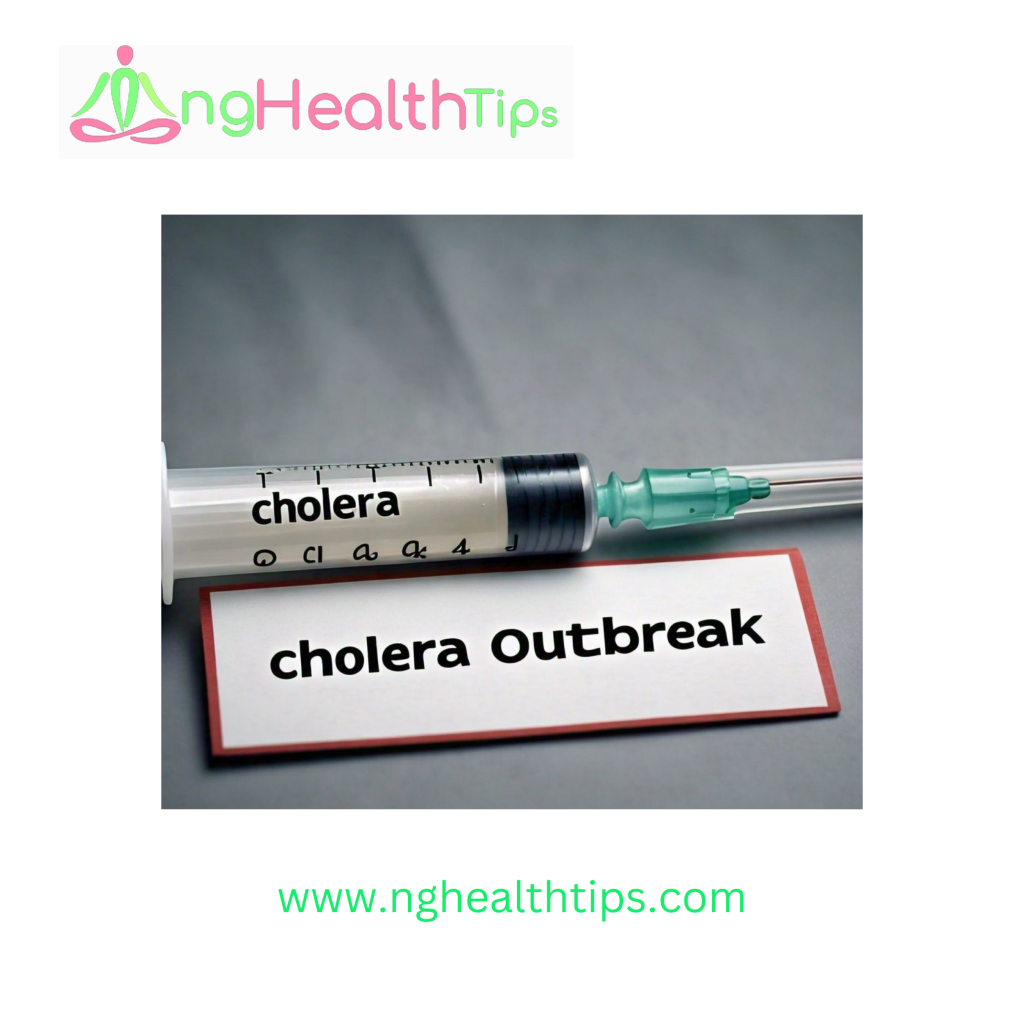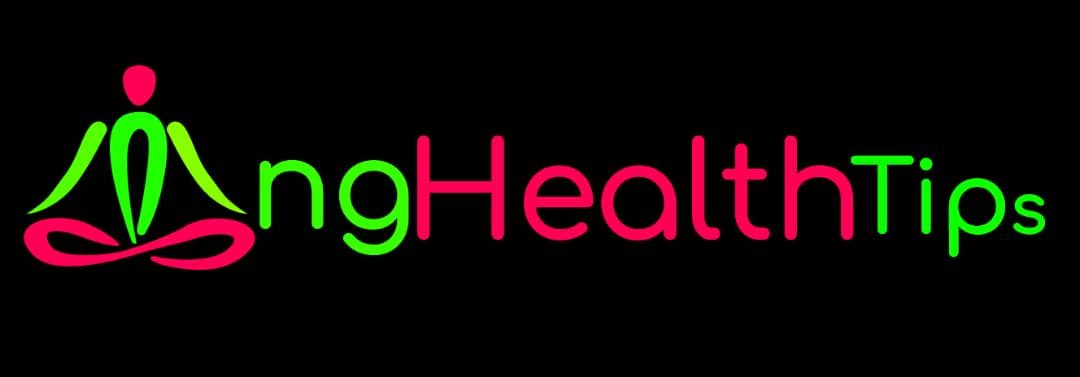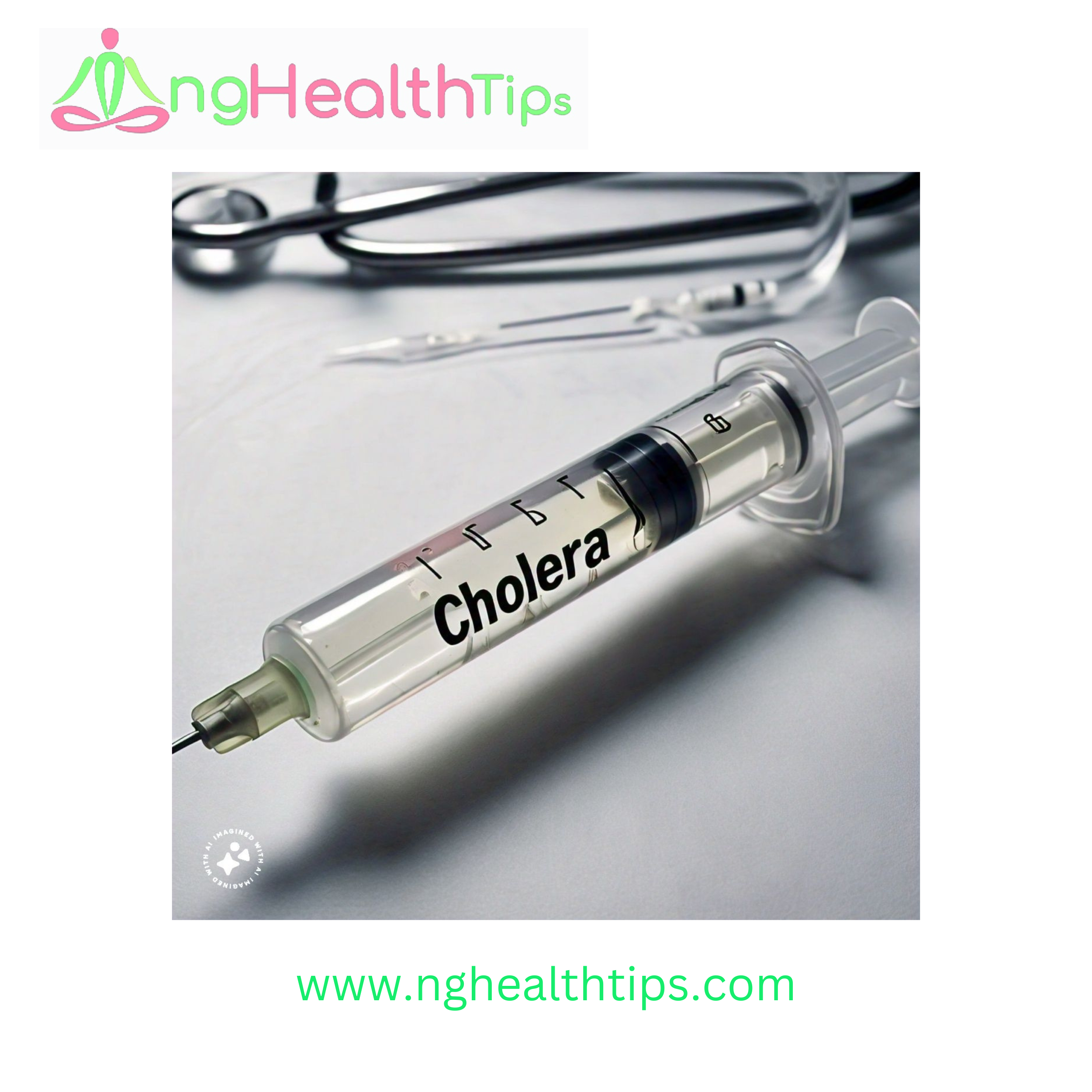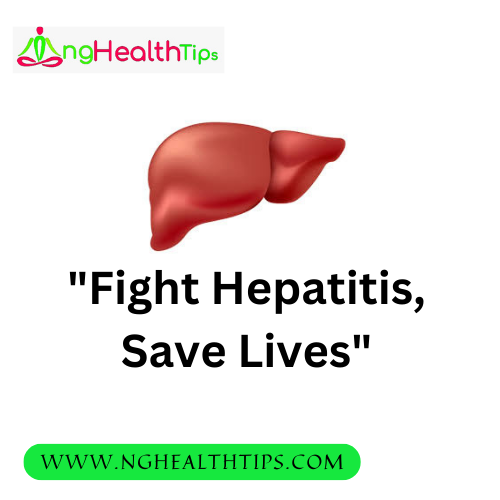Cholera Outbreak in Nigeria and How It Predisposes One to Other Health Risks
The cholera outbreak in Nigeria has become a pressing public health crisis, drawing attention to the need for increased awareness and proactive measures to combat the disease. Cholera, an acute diarrheal illness caused by the ingestion of food or water contaminated with the bacterium Vibrio cholerae, can lead to severe dehydration and death if untreated. Here’s what you need to know about the outbreak, who is most vulnerable, and how you can protect yourself and your community.

Understanding Cholera: A Snapshot
Cholera is a highly infectious disease that can cause rapid dehydration due to severe diarrhea and vomiting. The World Health Organization (WHO) estimates that there are 1.3 to 4.0 million cases of cholera each year, resulting in 21,000 to 143,000 deaths globally.
In Nigeria, cholera remains a significant health challenge, especially in rural and underserved urban areas where access to clean water and sanitation facilities is limited. In the most recent outbreak, 2024, more than 37 persons had been reported dead and more than 401 cases were reported.
The Current Situation in Nigeria
Recent data from the Nigerian Center for Disease Control (NCDC) indicates a worrying spike in cholera cases across several states. As of the latest reports, thousands of cases have been confirmed, with a significant number of deaths. The outbreak has been particularly severe in the north-eastern states, exacerbated by flooding and the displacement of communities due to conflict.
Vulnerable Populations
Certain groups are more vulnerable to contracting cholera and notably among them includes under-5 children, they are at higher risk due to their weaker immune systems and the severe impact of dehydration. Pregnant women also fall in this category as they face with increased health risks from dehydration and infection.
Another vulnerable group are the elderly individuals. Older adults often have underlying health conditions that can complicate recovery and it makes them prone them to opportunistic diseases including cholera.
Individuals with compromised immune systems such as those with conditions like HIV/AIDS are more susceptible to infections. Additionally, people who reside in areas that are densely populated like Kano and Lagos States, are also susceptible to the rapid spread of the disease.
How Cholera Predisposes You to Other Risks
Cholera outbreak and contracting the disease can predispose individuals to numerous other health conditions, it includes, among many:
Severe Dehydration: This can lead to kidney failure, shock, and death if not promptly treated.
Malnutrition: Frequent bouts of diarrhea can lead to significant nutrient loss, weakening the body’s defenses against other diseases.
Secondary Infections: The weakened immune system can make it easier for other infections, such as typhoid and hepatitis A, to take hold.
Economic Hardship: Illness can result in lost income and increased medical expenses, pushing families further into poverty.
Prevention Strategies
Preventing cholera involves a combination of personal hygiene practices, community efforts, and governmental interventions. Here are the best practices to protect yourself and your community:
1. Ensure Access to Clean Water:
– Use water purification tablets or boil water before drinking.
– Avoid drinking untreated water from wells, rivers, or lakes.
2. Practice Good Hygiene:
– Wash hands thoroughly with soap and water, especially after using the toilet and before handling food.
– Use sanitary toilets and avoid open defecation.
3. Safe Food Practices:
– Cook food thoroughly and eat it while it’s hot.
– Wash fruits and vegetables with clean water.
– Avoid raw or undercooked seafood.
4. Community Education and Engagement:
– Raise awareness about cholera transmission and prevention.
– Encourage community participation in clean-up campaigns and sanitation improvements.
5. Vaccination:
– Cholera vaccines can provide short-term protection and are particularly useful in outbreak settings.
– Support vaccination campaigns organized by health authorities.
6. Improving Sanitation Infrastructure:
– Advocate for the construction of proper sanitation facilities.
– Support initiatives to improve waste management and drainage systems.
Conclusion
Cholera remains a formidable health challenge in Nigeria, but with informed actions and collective efforts, it is possible to mitigate its impact. By understanding the risks, recognizing the vulnerable populations, and implementing effective prevention strategies, we can make significant strides towards combating this disease. Stay informed, stay vigilant, and take proactive steps to ensure your health and the health of your community.
Call to Action
Spread the word about cholera prevention in your community. Participate in local health initiatives, support efforts to improve sanitation infrastructure, and advocate for increased access to clean water. Together, we can build a healthier, safer Nigeria.








